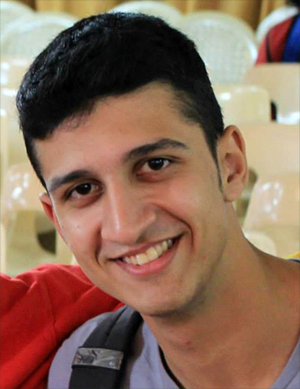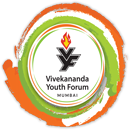Mission or Mirage? To raise or raze?
Ronald Dworkin’s works lead to the observation that there is a strong and weak sense of liberty.
A strong sense of liberty is given by law or by democratic form of government which says that each individual has an absolute right to liberty. These rights to liberty are mentioned in the constitution in the various articles to freedom in various lands. Now, when this law is to be actualized, and given to the people, this absolute right to liberty does not work. To make matters simple, there is a simple example. Everyone wishes to drive the car on the road at his own pace as and when he wants. Signals are put up on the road, and there goes absolute liberty. This shows that to enjoy one’s own liberty, the government has to divide available facility, either in time, or in space. Hence the absolute liberty (strong sense) is available only on paper (abstract) and the weak sense of liberty is actualized.
The question which arises is how much liberty does the weak sense give? That is to say, does it give more liberty, or take away more liberty in the name of liberty? If we measure the deprivation of liberty by calculating the extent of frustration that it brings with it, then we actually realize that equality actually suffocates liberty even though the government wishes to give liberty.
Dworkin says the idea of liberty is a false notion. All forms of government speak against dictatorship since it is against liberty, but they themselves practice liberty appropriately in their own societies. Once people realize liberty has not been given, it creates unnecessary tension in the individual and in society. Hence the idea of liberty should be abandoned and other social values like equality or justice must be promised and popularized.
Personally, after taking these views into account I do not know whether liberty and equality actually exist in the forms we believe them to exist – yet governments stress on liberty and equality both, but I find that to speak of liberty is to speak against equality, and to force equality is to restrain liberty.
The question is, why are we speaking of these two which are two sets not overlapping? They are two different ideals, and yes, while both are ideals, they are opposites all the same.
Are we living in a world thinking we have liberty and equality and so on and so forth, or are we simply fooling ourselves by not understanding these ideals properly, and living our lives by words blindly said by those in power, without the knowledge to suggest which ideals to follow.

Kayzad Jokhi:
I have a strong passion for martial arts, being a first degree black belt in Taekwondo (Kroean martial art), and a level 2 practitioner in Krav Maga (Israeli martial art). I enjoy reading philosophy and psychology, and wish to be a clinical psychologist. I enjoy any form of social service, nation service, and strive to bring about a change in this beautifully ugly world, which leads me to enroll in almost any form of activity which comes my way. Children are my biggest love in this world, playing with them, guiding them, feeling awed by their shining innocence, and VYF gives me this love of mine on a silver platter, helping me and these children in ways which words fail to express.
Tags: Change, Children, Education, Equality, India, Kayzad Jokhi, Liberty, Mumbai, NGO, Philosophy, Think, Thinkers, Vivekananda, Volunteer, VYF
SHARE

